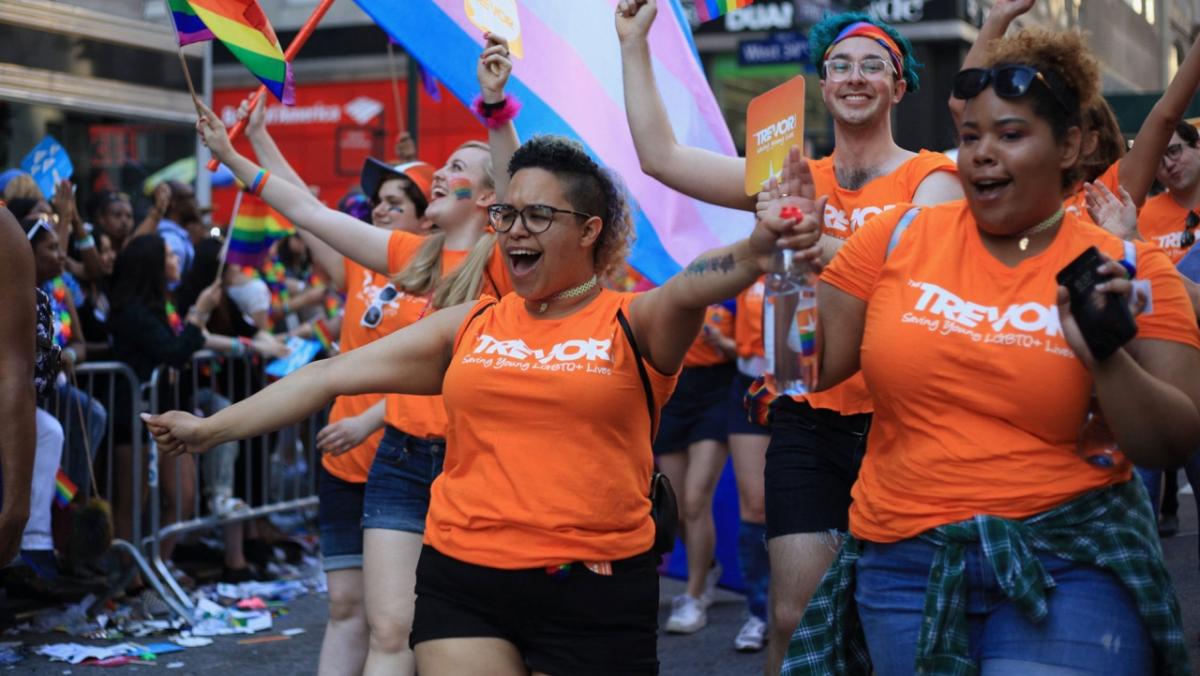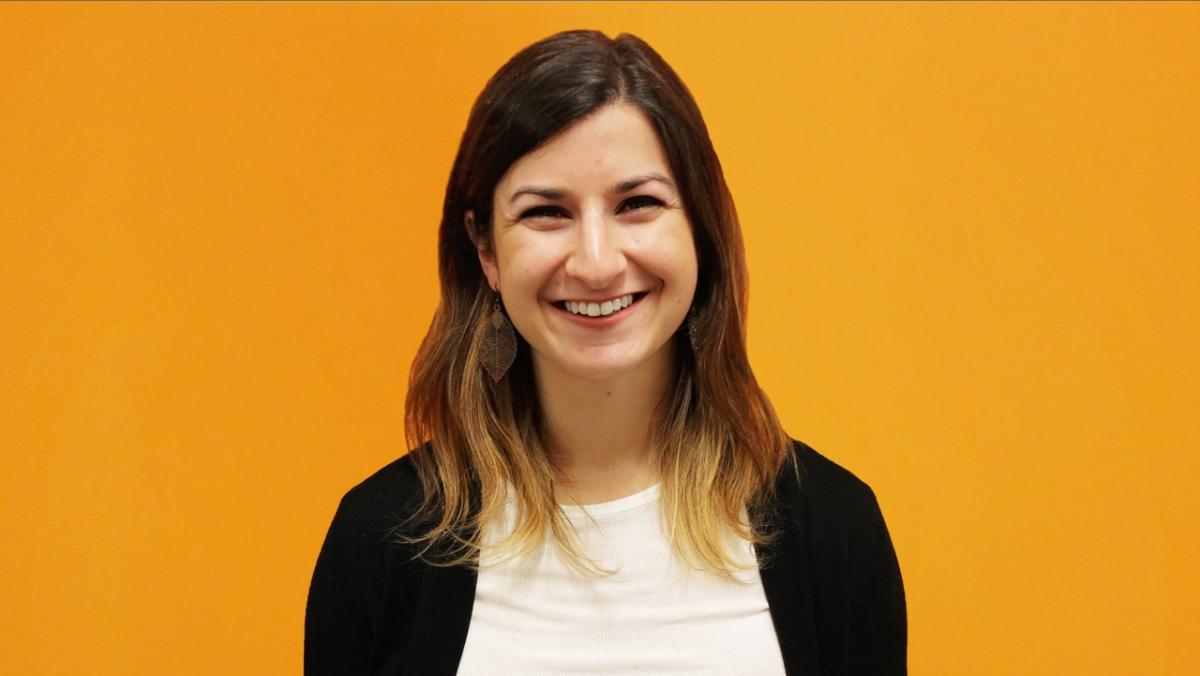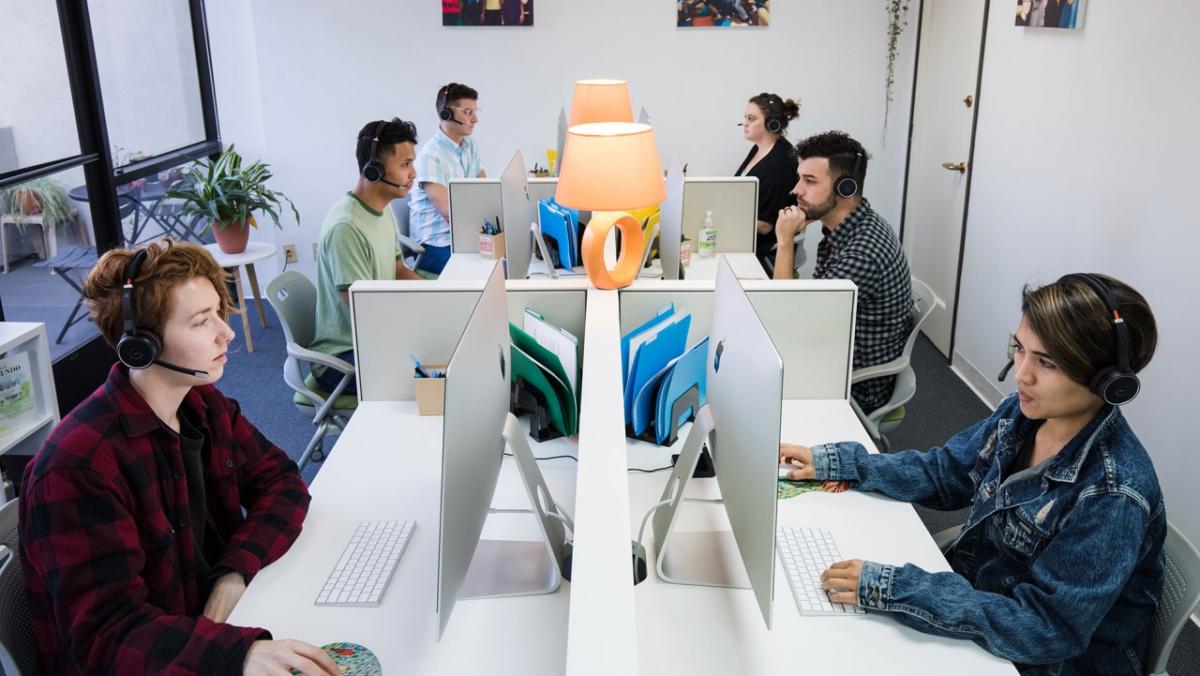Four Questions with Shira Kogan: How The Trevor Project is Supporting LGBTQ+ Youth Through the Uncertainties of the Pandemic
More than 1.8 million young LGBTQ+ people consider suicide every year in the United States, according to research by The Trevor Project.
The nonprofit is the world's largest suicide prevention and crisis intervention organization for LGBTQ+ youth.
Shira Kogan, Senior Corporate Development Manager at The Trevor Project, has been with the organization since April 2018. She joined The Trevor Project because of her personal and professional passion for LGBTQ+ and mental health advocacy.
“When I was in the sixth grade, my mom came out as a lesbian,” says Shira. “Shortly thereafter, my dad and mom were both dating amazing women. At the time, my dad was able to marry the woman he loved, but my mom wasn’t. I saw how there can be a detrimental impact on mental health when people are treated differently based on their identity.”
We connected with Shira to discuss how The Trevor Project is helping an increased number of LGBTQ+ youth reaching out for crisis counseling during the pandemic.
Q: Can you tell us about the history of The Trevor Project and what the organization has focused on since it was founded in 1998?
The filmmakers of the Oscar-winning movie TREVOR founded The Trevor Project. The 1994 film follows a 13-year-old named Trevor whose crush on another boy at his school is discovered.
Inspired by the film, we focus on serving LGBTQ+ youth under age 25 because they are at a significantly higher risk for suicide – they are over four times more likely to attempt suicide than their peers. However, we know that having just one accepting adult in a young LGBTQ+ person's life can reduce the risk of suicide by 40%. We exist to provide this support.
We offer free and confidential crisis counseling for young LGBTQ+ people across the United States. LGBTQ+ youth can reach out to a trained counselor whenever and wherever they are via phone, chat or text. Young people discuss a variety of issues with our counselors, from having a crush and perhaps feeling confused about it to experiencing suicidal ideation or being in imminent risk of suicide.
We want to be there for LGBTQ+ youth when they are already experiencing a crisis, but we also want to create a world where they don't enter a crisis in the first place. We hope to do this through efforts such as our education program focused on equipping young people and their communities with tools for allyship and inclusion, and our advocacy team focused on championing policies that support LGBTQ+ youth’s mental health needs.
Q: What effects of the COVID-19 pandemic are you seeing on young LGTBQ+ communities you serve?
Many young LGBTQ+ people are in home environments – away from usual support systems and affirming communities – where it's not safe for them to express their sexual orientation or gender identity because they would face parental rejection.
The volume of our crisis services has more than doubled at times since the pandemic began, and COVID-19-related causes have been the key topics mentioned.
COVID-19 has exacerbated a lot of anxieties and uncertainties, but it has been amazing to see how young people across the world are coming together to build a virtual community of support during this time on our social networking site called TrevorSpace.
Q: How has The Trevor Project been able to meet the increased need for crisis counseling?
Over the past few months we have focused on rapidly scaling up our digital crisis services through additional remote volunteer training and by investing in growing our digital platform. This will help make our services more accessible to a larger group of young people across the country through this time and beyond.
We’ve had two physical call centers – one each in New York and Los Angeles – since we were founded 22 years ago. When it became clear that we no longer could operate the call centers due to the pandemic, in the span of two weeks, through collaboration and significant investments, we went fully remote for the first time in history. All our volunteers are now taking calls from home and doing so in a way that is secure, safe and confidential.
Q: Through our CARES Grantee Fund, Gilead has sought to provide immediate support to community partners during the pandemic. How will the CARES grant The Trevor Project received help the organization maintain and expand its services during this time?
Our corporate partnerships are so important in helping to not only empower The Trevor Project, but also to show that organizations such as Gilead are supportive of LGBTQ+ youth. The CARES grant has helped us rise to meet the increased demand for our services and cover financial gaps due to unforeseen last-minute changes, such as the cancellation of our main fundraising gala.
We know that there are so many young people who need us now more than ever. Our goal is to serve every single young LGBTQ+ person who needs our support.




